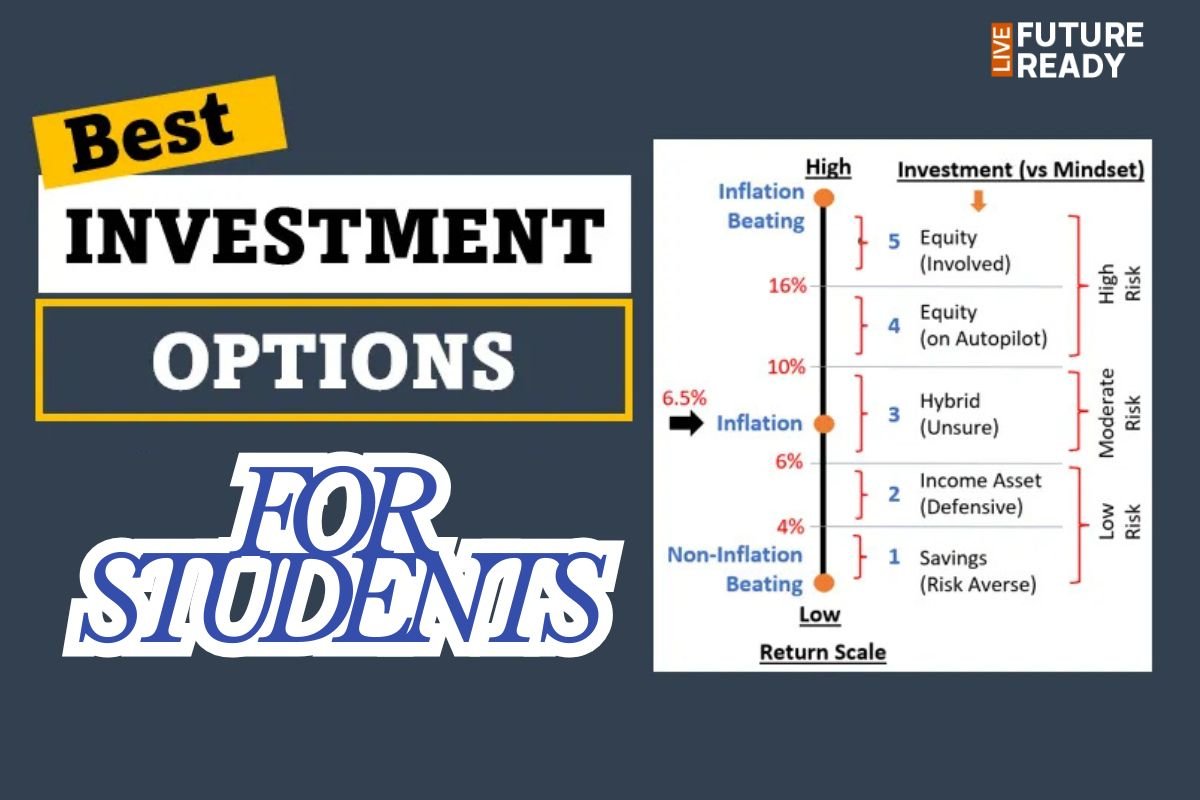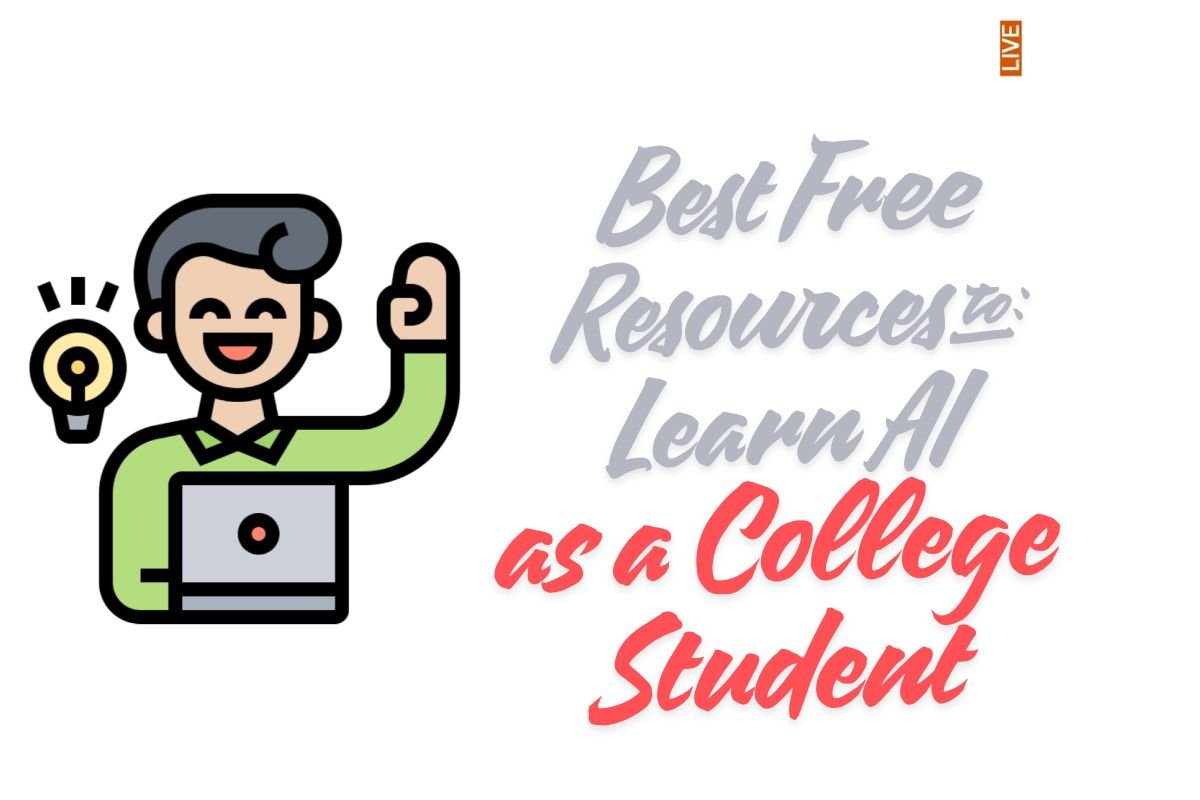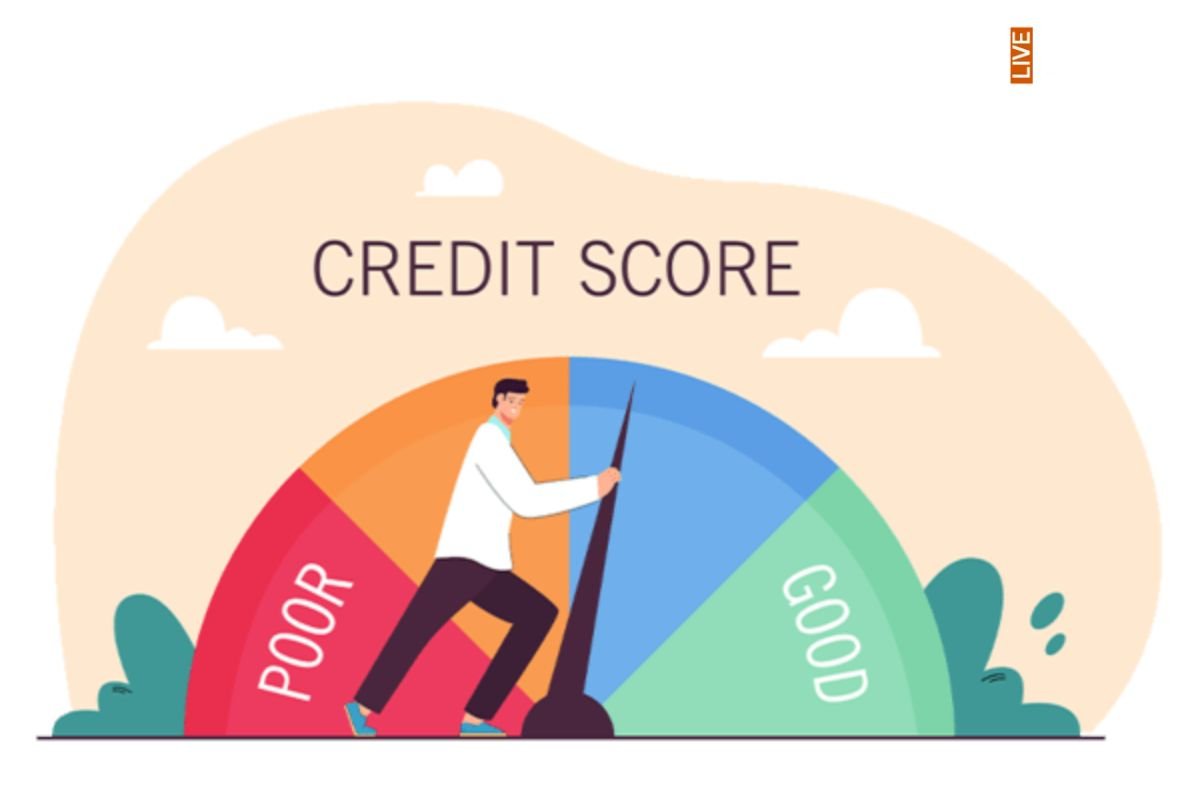When Netflix’s Squid Game dropped, it wasn’t just a show—it was a global phenomenon. The series, with its intense storyline and haunting games, didn’t just entertain; it also raised deep psychological questions. Beneath the blood-soaked surface lies a treasure trove of insights into human behaviour, decision-making, and social psychology.
Let’s explore how Squid Game serves as a crash course in psychology, unravelling why people act the way they do under pressure, fear, and greed.
- The Psychology of Desperation
The participants in Squid Game were all in financial ruin, a state that mirrors real-world scenarios where desperation drives people to take extreme risks.
- Loss Aversion:
- People fear losses more than they value gains. Participants chose to play a life-threatening game rather than return to their debt-filled lives.
- Real-world parallel: Gambling addicts often chase losses, hoping for one big win.
- Maslow’s Hierarchy of Needs:
- At the bottom of the pyramid are basic needs like food, shelter, and safety. When these are at risk, people prioritize survival over morality.
- Group Dynamics and Social Influence
The show demonstrates how individuals behave in groups, often differently than they would alone.
- Conformity:
- Players aligned with group decisions, even if it meant taking risks.
- Example: Voting to continue the game despite knowing its dangers.
- In-Group vs. Out-Group Bias:
- Alliances formed based on perceived similarities, such as shared language or culture, leading to discrimination against outsiders.
- Bystander Effect:
- In situations like the brawl in the dormitory, many stood by, too afraid to intervene—a classic example of this psychological phenomenon.
- Decision-Making Under Pressure
The life-or-death stakes in Squid Game showcase how stress impacts our ability to think clearly.
- Fight or Flight Response:
- In high-pressure games like Tug of War, players exhibited primal survival instincts.
- Cognitive Biases:
- Players made irrational choices based on emotions rather than logic, such as trusting alliances that later betrayed them.
- Moral Dilemmas and Ethical Questions
Throughout the series, participants faced situations that tested their morals.
- Utilitarianism:
- Should one person sacrifice themselves for the greater good? Games like the Glass Bridge forced players to grapple with this dilemma.
- Moral Licensing:
- Some justified unethical actions (like betrayal) by convincing themselves it was necessary for survival.
- The Role of Power and Control
The masked guards and VIPs represent systems of power that manipulate those beneath them.
- Learned Helplessness:
- Players felt powerless against the game masters, even when they had opportunities to rebel.
- Real-world parallel: In oppressive work environments, employees often feel stuck, even when alternatives exist.
- Social Stratification:
- The divide between the VIPs and players highlights the harsh realities of class inequality.
- Childhood Games and Nostalgia
The use of childhood games added a psychological twist.
- False Sense of Security:
- Games like Red Light and Green Light lulled players into a sense of nostalgia before revealing their deadly stakes.
- Conditioning:
- These games exploited players’ familiarity, forcing them to act instinctively rather than strategically.
Real-Life Lessons from Squid Game
- Value of Critical Thinking
- Life often throws challenges that require quick yet logical decisions. Developing critical thinking skills can make a difference.
- The Importance of Teamwork
- In games like Tug of War, collaboration proved essential. Similarly, life’s challenges are easier to tackle with a support system.
- Understanding Human Nature
- Squid Game teaches us about trust, betrayal, and the complexities of relationships under pressure.
What Squid Game Teaches Students
For students, the series offers lessons on managing stress, making decisions, and understanding group behaviour—all valuable in academics and life.
- Coping with Competition
- Like the games, exams and peer comparisons can feel cutthroat. Learning to focus on personal growth over competition is key.
- Building Resilience
- Failures are inevitable. What matters is bouncing back stronger, as some players did after early setbacks.
The Role of Future Ready
At Future Ready, we aim to make learning engaging and relatable. Shows like Squid Game offer unique ways to explore psychology and human behaviour.
Our platform connects real-world phenomena with educational insights, helping learners see the relevance of their studies in everyday life. Being Future Ready means understanding the world—and yourself—better every day.
Conclusion
Squid Game isn’t just a series about survival—it’s a masterclass in psychology, exposing the depths of human behaviour under extreme circumstances. From understanding group dynamics to making ethical decisions, the show offers countless lessons applicable to real life.
At Future Ready, we encourage you to see learning in everything, even your favourite shows. Dive into our resources, and let’s explore the world together, one insight at a time.




















